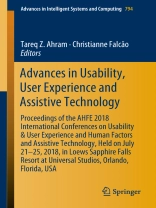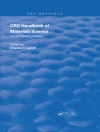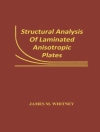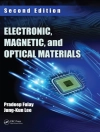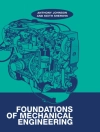This book focuses on emerging issues in usability, interface design, human–computer interaction, user experience and assistive technology. It highlights research aimed at understanding human interaction with products, services and systems, and focuses on finding effective approaches for improving user experience. It also discusses key issues in designing and providing assistive devices and services to individuals with disabilities or impairment, to assist mobility, communication, positioning, environmental control and daily living. The book covers modelling as well as innovative design concepts, with a special emphasis on user-centered design, and design for specific populations, particularly the elderly. Virtual reality, digital environments, heuristic evaluation and forms of device interface feedback of (e.g. visual and haptic) are also among the topics covered. Based on the AHFE 2018 Conference on Usability & User Experience and the AHFE 2018 Conference on Human Factors and Assistive Technology, held on July 21–25, 2018, in Orlando, Florida, USA, this book reports on cutting-edge findings, research methods and user-centred evaluation approaches.
Jadual kandungan
Empirical study on the documentation phase in the human-centered design process.- The effects of icon characteristics on search time.- The limited rationale in decision making, impacts on the evaluation of artifacts in the design process.- Usability and design guideline for designing single handle faucet’s and handle shape.- Adaptive control elements to improve the HMI of an agricultural tractor.- User skill characteristics analysis by mouse operation log analysis based on algebraic method.- Usability evaluation of self-service laundry system in universities.- Improvement method for business operations using user experience adaptive information sharing terminals.- Research on the model construction of intelligent home product service based on user value.
